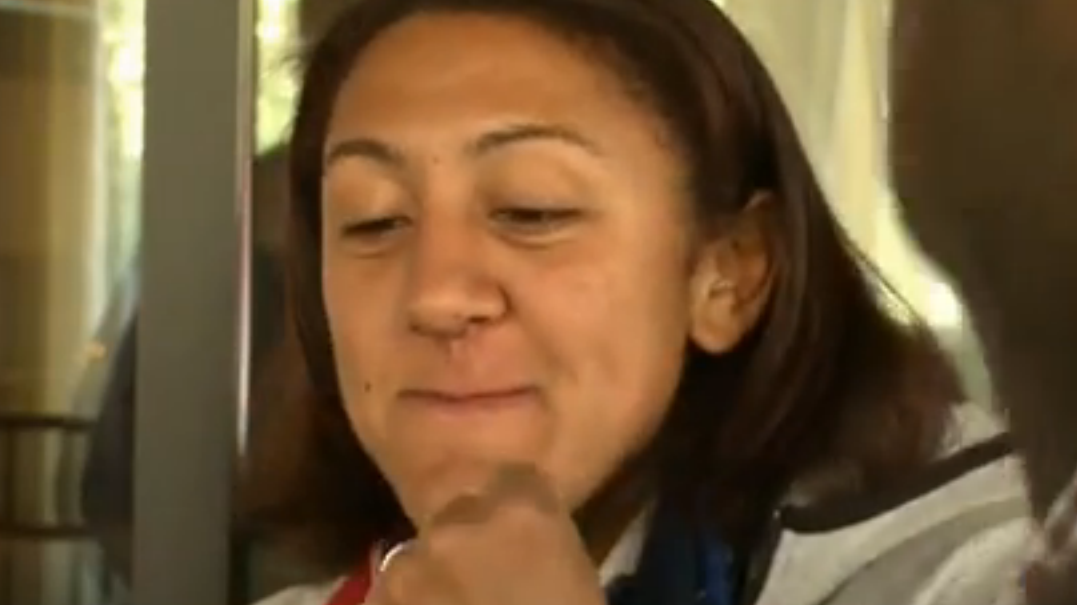The state of Georgia, with its scorching summers, may not seem like a hotbed of the bobsled.
And yet, in the past five years, the Peach State has produced two of America’s best.
Getting to know them has been a fascinating part of my Olympics journey.
I met Elana Meyers in 2009, months before she won the bronze medal in bobsled in the 2010 Winter Games. I followed her through the journey, from training in Lake Placid through her post-medal celebration in Vancouver. I interviewed family members and learned a great deal about her path to Olympic success.
But in the past four years, I have received a fuller picture.
Meyers is an active presence on Twitter and in the blogosphere. In fact, so are many of her teammates and fellow Olympians. And these athletes, unlike those in the major American sports, use their online platform to go into great detail about their lives.
And the lives of winter sports athletes are extremely atypical — and, some might say, full of contradictions.
First, consider this: Athletes like Meyers are professionals and among the best in the world at their sports. They shine on the world’s largest stage every four years; they receive access to some of the most advanced sporting equipment and technology; and they get to travel the world annually during their sports’ seasons.
Now, consider this: Athletes like Meyers often have to work part-time jobs to raise money for extra gear. They have a six-month off-season in which many study at online universities for their degrees. They rarely receive endorsements, have to hunt for sponsors, and, except for the Olympics, toil in anonymity despite their elite level of competition.
Perhaps that’s why athletes like Meyers put themselves out there online. They offer a window to anyone who is interested into their truly unique existences.

